Meet Christi, Master Composter, entrepreneur, and climate activist.
Christi Turner is the founder of Scraps, a compost company born in 2017 as a result of the frustration of not having adequate composting services here in Denver.
Scraps launched in 2017 as a solution for Denver’s apartment and condominium dwellers to compost their organic food waste and reduce their carbon footprint by keeping it out of landfills. A year before, in 2016, Christi joined DUG’s Master Composter program and trained with Judy Elliott on everything compost.
We visited Christi at her ‘mini-farm’ homestead to learn more about the beginnings and mission of Scraps. This interview has been condensed for clarity.
Why did you decide to join the Master Composter (MC) program?
I wanted a foundation in composting as I was getting ready to launch Scraps. I knew I had to work on a project [as part of the MC program] so it was a motivation because I knew there was no backing down. I thought if I announce it here it is real. I wanted to understand more about the process of composting, how easy it is, how scalable it is, how accessible, and how it could be a practice applied to residential and commercial sectors. I was motivated by the idea of providing a service to a market that wasn’t serviced and [through the MC program] wanted to gain baseline knowledge of what happens when you take organic matter and mix it up in a way that it decomposes into finished compost.
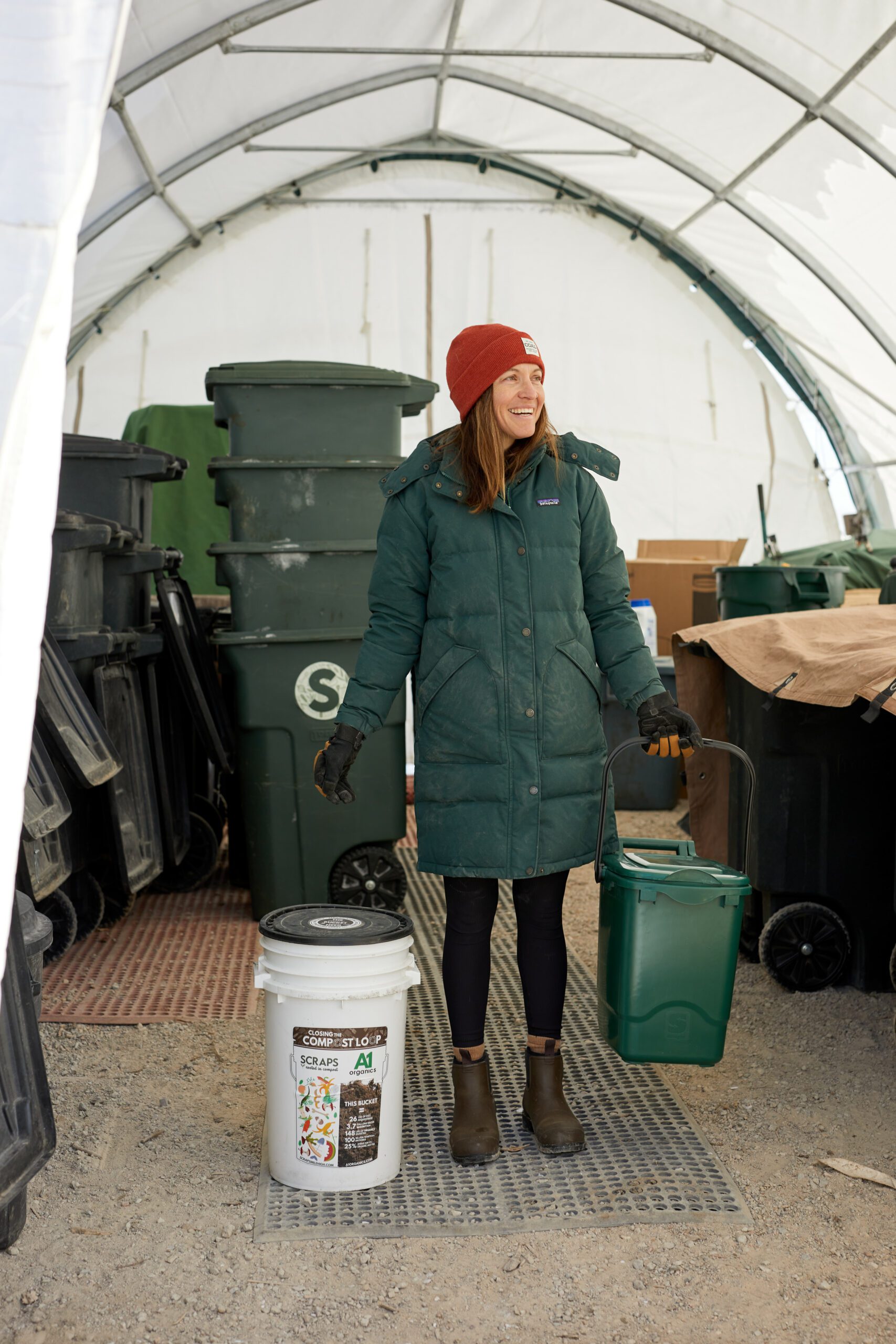
Why composting?
Learning about the detrimental effects of landfills, how much food waste ends up there, and how backward policies were here in Denver, which are finally turning around, made me want to work toward changing the system.
I learned to make a very basic compost pile as a Peace Corps volunteer in Madagascar, one of the most biodiverse places in the world. It was an easy, low-impact, restorative project in the village where I was living, which was heavily impacted by unsustainable forestry, brush fires, intensive agriculture, and other degradation, not to mention an influx of non-organic trash as globalization brought in more manufactured items and processed foods.
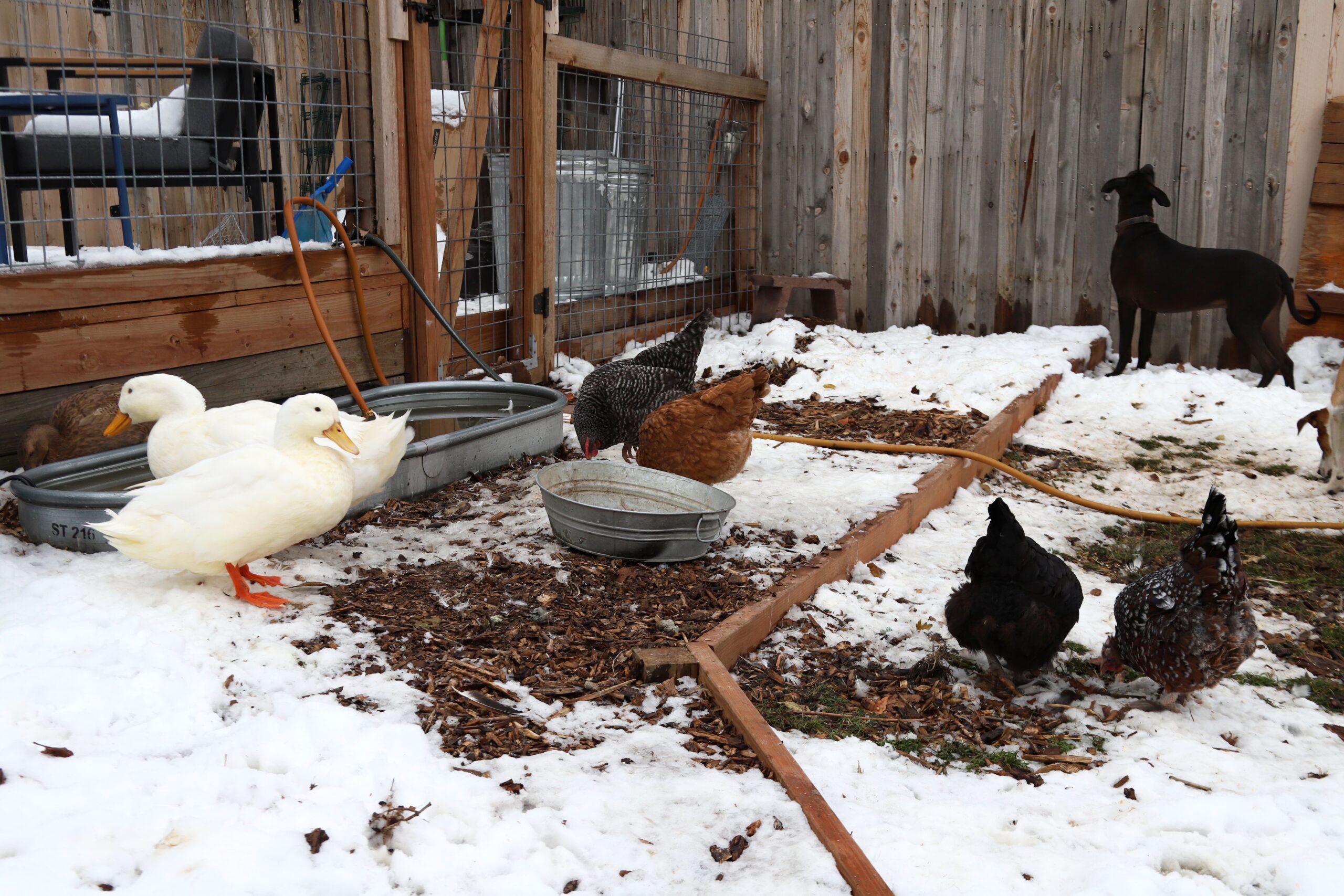
When I moved to Colorado to do my masters, the condo complex where I was renting a room in Boulder County had composting – so I had this idea that people composted here, that it’s easy. Then I moved to Denver and was surprised to not have access to this service – and the general thought was it’s impossible to provide composting to apartments or condominiums, which seemed ridiculous to me.
So then you launched Scraps in 2017, how did you go from Master Composter to entrepreneur?
In 2017 I was working at the Alliance Center getting a lot of exposure to local and regional policy, including the differences between Denver and Boulder in the realm of waste diversion, and I found myself scheming – almost obsessing – on how to address this issue of increasing access to composting at a local scale.
I went to the US Composting Council Conference in January of 2017 and I told myself if this conference goes well, I’m going to do this. I had been working on this idea for more than two years and it was time to do it or drop it because it was starting to take up a lot of space in my mind. I was super inspired by the conference, met a lot of great people, and in fact, that was the conference when Finian Makepeace announced he was going to do the Kiss the Ground film.
I returned to Denver and gave my notice at work to focus on launching Scraps. That was in February and we didn’t start our first route until June, in the meantime we were setting up a website and drumming up hype, and we did a small crowdfunding campaign and raised about $5k to bolster the personal money I had scraped together.
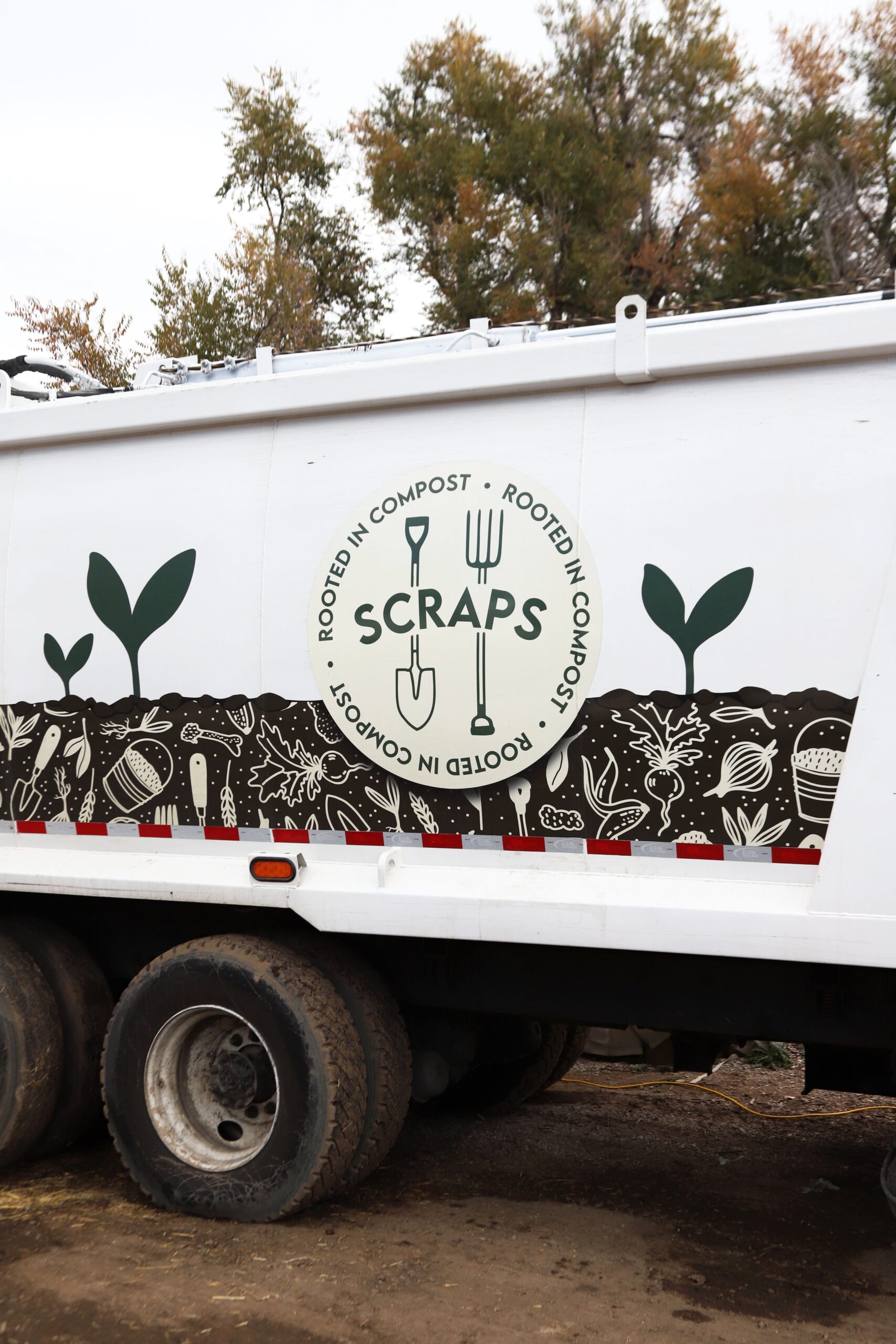
How did you get your first clients?
Initially, we focused on apartment buildings and condos around Denver but our first customer actually ended up being a restaurant. It took a long time to convince the first building manager to let their residents compost with us, on a pilot basis. Back then we would field so many questions from HOAs or building managers, who basically worried we might dump a pile of rotting food on their doorstep or something – and we were like no, here’s what we mean by composting, we’ll take that material away and keep it out of your trash. Just a lot of basic education on what a compost pickup service is. In the meantime, we had small restaurants, cafés, and offices that wanted to compost with us, who were actually facing similar barriers as the residents of multifamily buildings. At the time the city’s program for single-family homes had not rolled out city-wide, so in the first year or so we had about 100 single-family homes and townhomes join us.
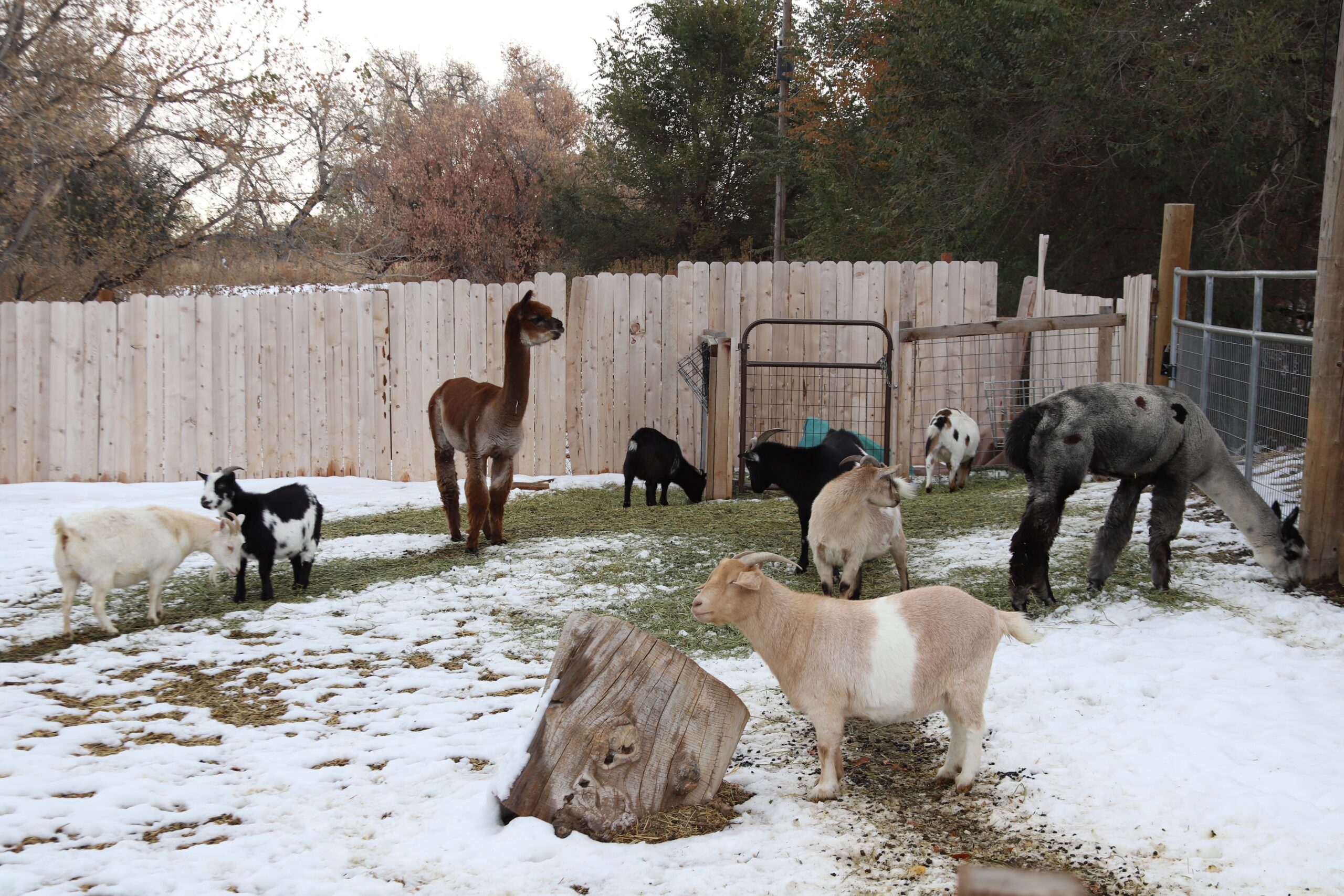
So you started with trikes and now use trucks, how was that transition?
Yes, we were a bike-and-trike-based hauler! The idea was to be carbon-neutral and low-impact by using bikes, but we hit a capacity limit as we expanded. The first real expansion happened in 2018 and I was really resistant at first. I had been car-less myself for like 6 years, a huge proponent of more sustainable transit – and also I didn’t know anything about owning and operating trucks, hiring and managing drivers, running a fleet. But it was becoming surprisingly hard to maintain and manage our small fleet of trikes as well. They are not designed for high mileage, and we were doing 30 miles a day or more on some routes. If you get a flat, which is often!, it is not like you can call AAA and get it towed, and you may be stuck for hours trying to get a trike mechanic to you. Plus you have to empty up to 500 lbs of full bins just to turn the trike on its back to change the tire. It was also really hard to get insurance, which we needed as we grew as a small business. It was getting to the point of disrupting our growing operations. Plus we were getting requests for services further and further outside of where it was feasible or safe to pedal a trike around, in a city where safe bike lanes only exist in certain areas.
At some point in our second winter, I remember pedaling through a whiteout downtown, with freezing hands, foggy glasses, downhill, stuck in traffic, and thinking, what am I doing? And how could I ask someone to work for me and do this? It just isn’t something you can safely do outside year-round in our climate. It’s bonkers to think of some of the questionable situations I and my earliest Scraps pedalers got ourselves into.
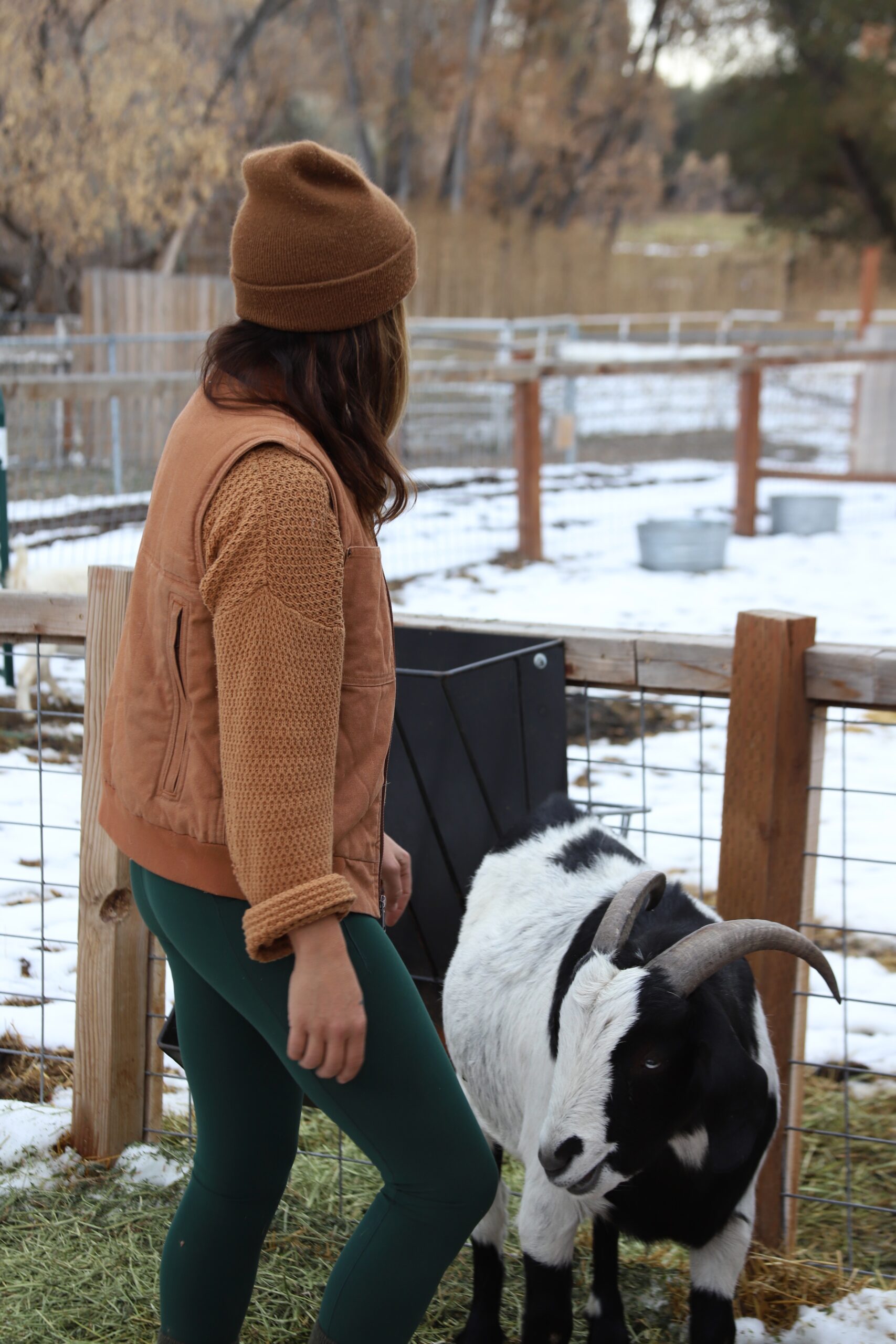
Composting awareness has grown, what is next for Scraps and other composting programs?
I feel like we finally hit a tipping point of education, awareness, and enthusiasm. Fast forward to now, especially with the Waste No More ordinance coming online in January, which will require all businesses in the City and County of Denver to compost as well as to recycle, and we are fielding inquiries from property managers, building owners, and HOAs on an ongoing basis. And these days we do not just individual residential accounts, but full building contracts, and even full portfolio contracts. Things have really shifted in a positive direction.
Scraps continues to grow while keeping true to its mission and values to be a climate-forward organization in Colorado. Scraps now services not just multifamily buildings, but downtown office buildings, schools of all types, restaurants and food halls, Denver-based food producers like Leprino and Polidori, corporate campuses like Google, federal campuses like NREL, retailers like Patagonia, even national franchises like Starbucks, Chick-fil-A, Sweetgreen, Snooze, and more. Their service is now available throughout the greater Denver Metro. Christi and her team of eight Scraps employees remain committed to providing the most effective, most reliable composting service in the region, especially as policies like Waste No More help push the Front Range into a new and promising paradigm of waste diversion.
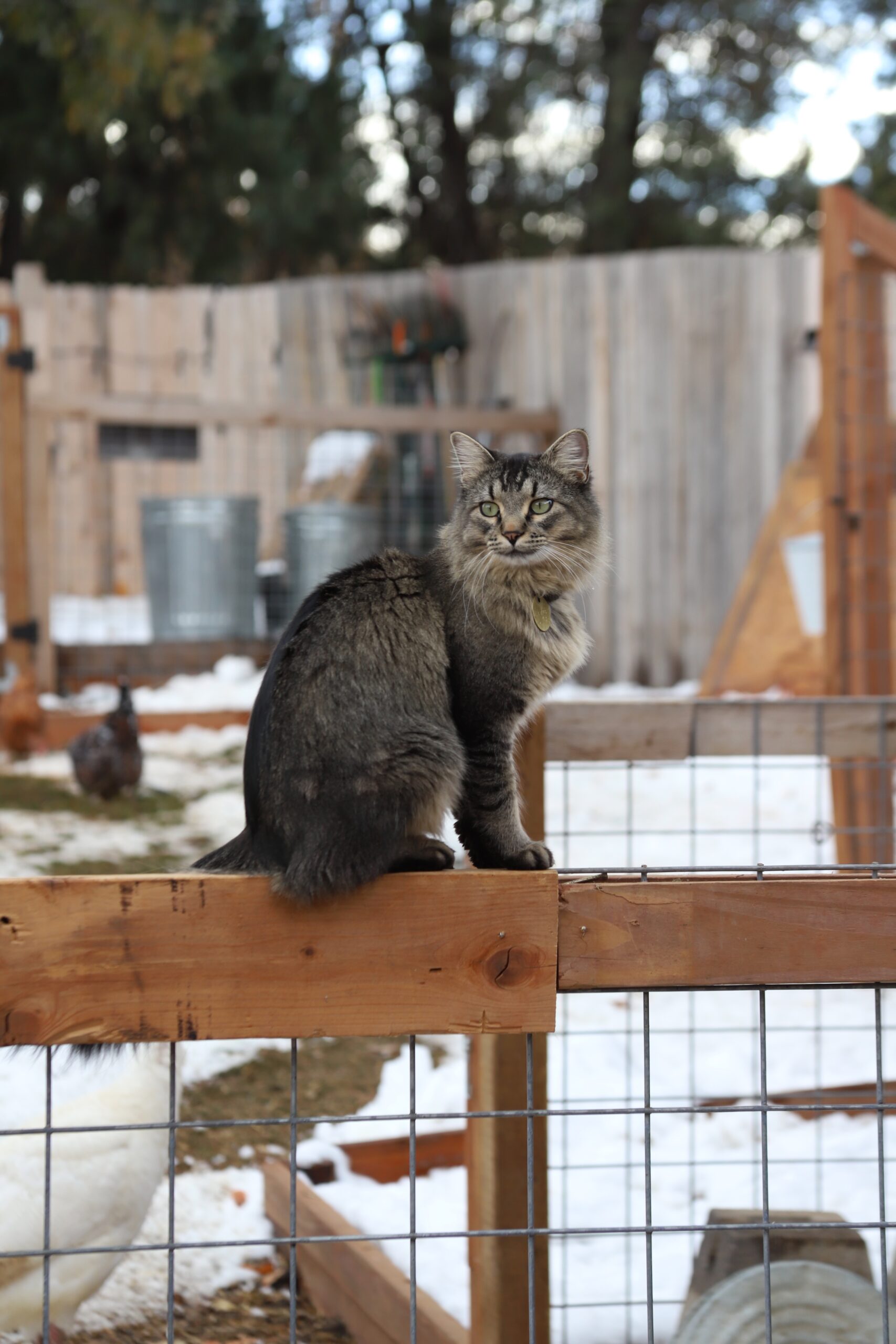
Interested in learning more? Explore the Community Composter Training Program webpage.
Learn more about composting at one of our upcoming Composting Workshops!



